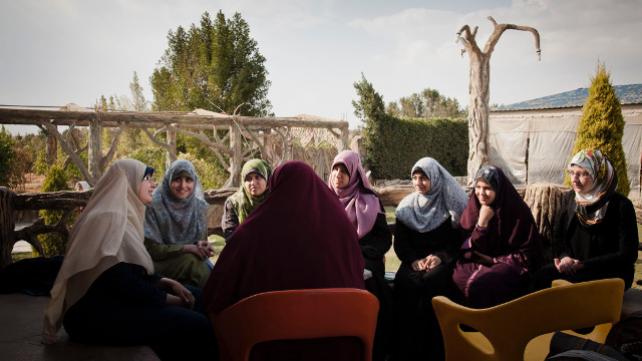
There are 103 million single people age 18 and older in the United States, according to the U.S. Census Bureau. This number naturally includes a small but growing number of Muslims as well.
Some are students, others are divorcees, as well as widows and widowers, and others still are converts. There are also those who are single by choice.
Whether they are alone due to circumstance or choice, we need to make sure that single Muslims do not become isolated. This doesn’t only lead to loneliness. It can also affect a person’s faith. Prophet Muhammad, peace and blessings be upon him, said, “The Shaytan is the wolf of man like the wolf of sheep takes the stray sheep and the one that wanders far. Beware of division, and adhere to the jamaa’ah (the group)” (Ahmad).
He also said, “The believers are like a structure, parts of which support other parts” (Bukhari, Muslim). This is why it is imperative to reach out to single Muslims respectfully and consistently, especially in Ramadan, a time known for family togetherness and communal spirit.
Here are some ways we can start doing that this year.
1. Invite them to share Iftar with you in the cafeteria or at a nearby restaurant
Some people are intimidated by the idea of attending an Iftar at someone’s home. It comes across as too personal and intimate if they don’t know you very well. Start off by offering to break fast with them in the cafeteria at school or work, or at a nearby restaurant. Note: it should not be too expensive and establishment. Most people who cannot afford it would never admit to not being able to pay their way, even if you offer to do so.
After doing this four or five times, then offer to host them at Iftar in your home. They will most likely feel more comfortable with you and the invitation.
2. Become a Ramadan buddy
With this buddy system, reach out to a person and offer to do the following for them:
- call/text them for Suhoor daily
- call/text them to remind them it’s Iftar daily. And here, do a short, three-minute “check up” asking how the fast went for them, as well as share how your fast was that day
- invite them to break fast with you at least once a week, outside initially, and eventually in your home with your family if they are comfortable with that
- attend Taraweeh with them at least once a week
3. Do check-ins a few times a day
Don’t wait for Suhoor or Iftar to see how a friend is doing. Make sure to call or text for a two-minute check in. In fact, you should time it so that it does not go beyond that time limit. Talk fast if you have to to make it efficient and amusing.
4. Offer to work on a service project together
Ramadan is when Muslims give not only more money, but often more time, to service projects. A number of Masjids and Islamic organizations make a special effort to arrange for community participation in good causes, ranging from making breakfast for the homeless at a shelter to putting together food baskets for needy families in their city or area.
If you and your family are planning to participate in these good deeds, invite a single friend or friends to join you. It will help all of you feel like you are part of the community and you are giving back - together.
5. Be their Ramadan ride for Taraweeh prayers
Taraweeh prayers at the Masjid build spirituality and community - if you can get there easily. If a single Muslim you know cannot attend regularly due to lack of transport, become their Ramadan ride.
Fasting alone, then breaking fast alone is not only isolating, but it can also be spiritually crushing. Attending Taraweeh prayers will offer a powerful antidote to the isolation.




Add new comment